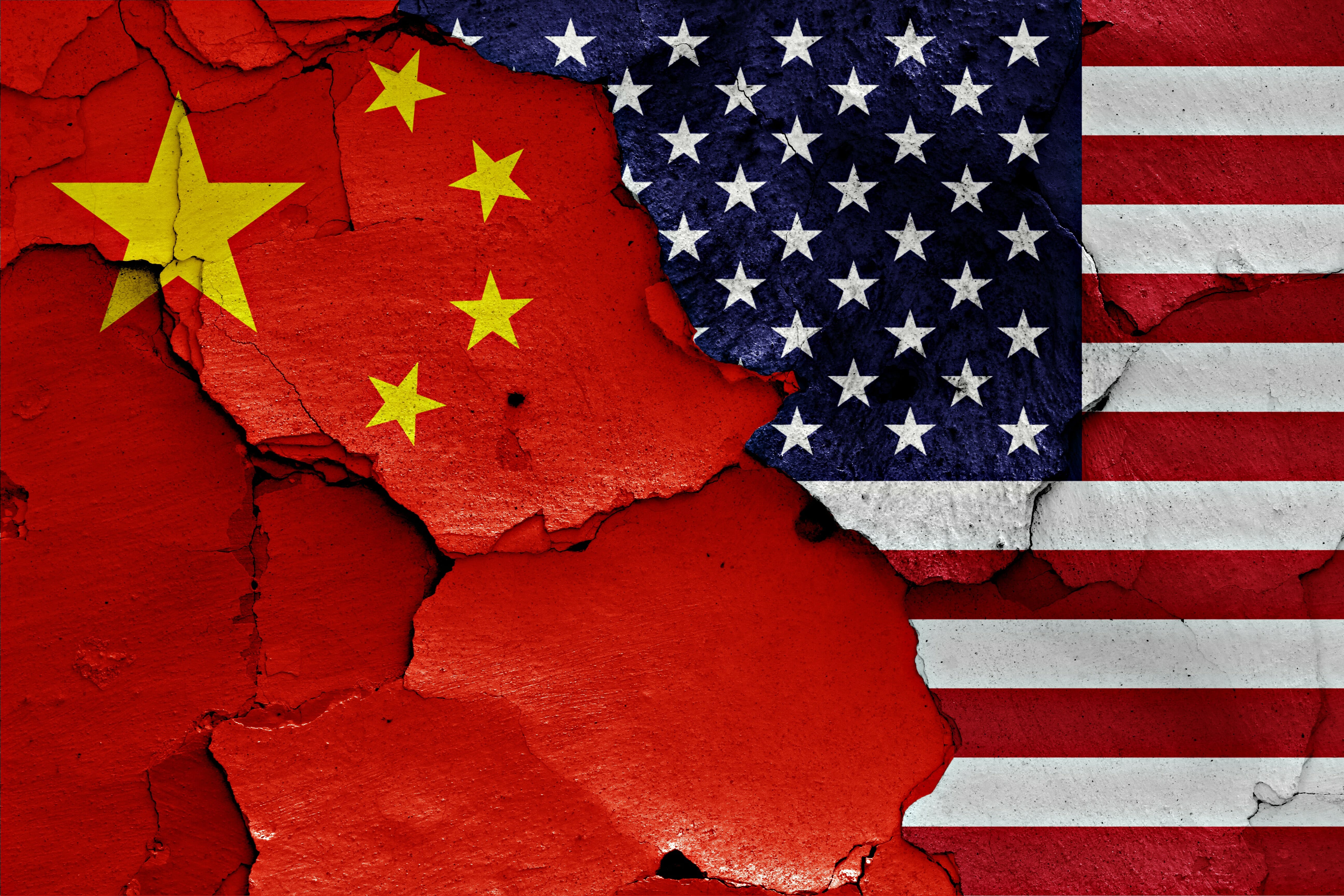Justin Sun Urges China to Create Pro-Bitcoin Policies in the Face of U.S. Crypto Strategy; Hong Kong to Explore Adding Bitcoin to its Financial Reserves
Sun believes that China’s increased competition with the United States would benefit the crypto industry. Hong Kong lawmaker Johnny Ng highlights Hong Kong’s crucial role in promoting the Web3 ecosystem and attracting global investment.
Justin Sun, founder of the Tron blockchain, has urged China to take a more progressive approach to cryptocurrency policy. Sun’s advice comes in the wake of former U.S. President Donald Trump’s plans to position bitcoin as a key player in the global economic landscape, should he be re-elected.
Hong Kong lawmaker Johnny Ng said he would explore the possibility of adding bitcoin to the city’s financial reserves. His interest follows former US Pres. Donald Trump, who announced at the Bitcoin 2024 conference in Nashville the creation of a strategic reserve of bitcoins in the US.
China Advised to ‘Step Up’ Bitcoin Policies
On July 18, Justin Sun took to social media to urge China to make progress on policy issues. He argued that the entire industry would benefit from more competition between China and the United States in regulating bitcoin:
“China also needs to step up. Since President Trump pushed for Bitcoin, U.S.  policies have warmed. China should make further progress in this area. Competition between China and the U.S. in Bitcoin policy will benefit the entire industry,” Sun pointed out via X.
policies have warmed. China should make further progress in this area. Competition between China and the U.S. in Bitcoin policy will benefit the entire industry,” Sun pointed out via X.
While Sun focuses on the potential benefits of competition between the two nations for the cryptocurrency sector, market analysts suggest that bitcoin’s distinctive attributes as digital gold could become central to global power dynamics.
They argue that Trump’s support for bitcoin, and the geopolitical implications of that support, could cause China to rethink its stance on the digital asset:
“Bitcoin and stablecoins could help counter the expansion of China’s digital authoritarianism, bolster U.S. sovereign debt markets, and foster individual autonomy in developing countries with extractive and oppressive regimes,” wrote Matthew Pines, a national security fellow at the Bitcoin Policy Institute.
Hong Kong’s Potential Bitcoin Reserve
Ng, acknowledging Trump’s speech, noted that the integration of bitcoin into national or regional financial reserves is worth exploring, given BTC’s growing global acceptance and perception as “digital gold.” However, he cautioned that such moves must be made in accordance with regulatory standards.
“I will discuss the feasibility and possibilities of including bitcoin in the financial reserves with various stakeholders in Hong Kong and report to everyone in a timely manner,” Ng added.
Considering that bitcoin advocates are increasingly urging governments and corporations to adopt BTC for their treasuries, Ng’s view is not surprising. Companies such as MicroStrategy and Metaplanet have begun to diversify their reserves with BTC, believing that the flagship digital asset can help protect against rampant global inflation.
“Hong Kong must accelerate the development of the Web3 ecosystem. Now Hong Kong is at the forefront of the region in terms of compliant regulation and industry development, and I believe the HKSAR government will open the market in a gradual, progressive and responsible manner,” Ng pointed out.
As Hong Kong continues to strive to establish itself as a crypto hub, Ng’s comments come at an interesting time. Over the past few months, the city passed a number of ordinances, including a proposed stablecoin law, designed to better safeguard cryptocurrency users and attract new investment to the area.
By Audy Castaneda
